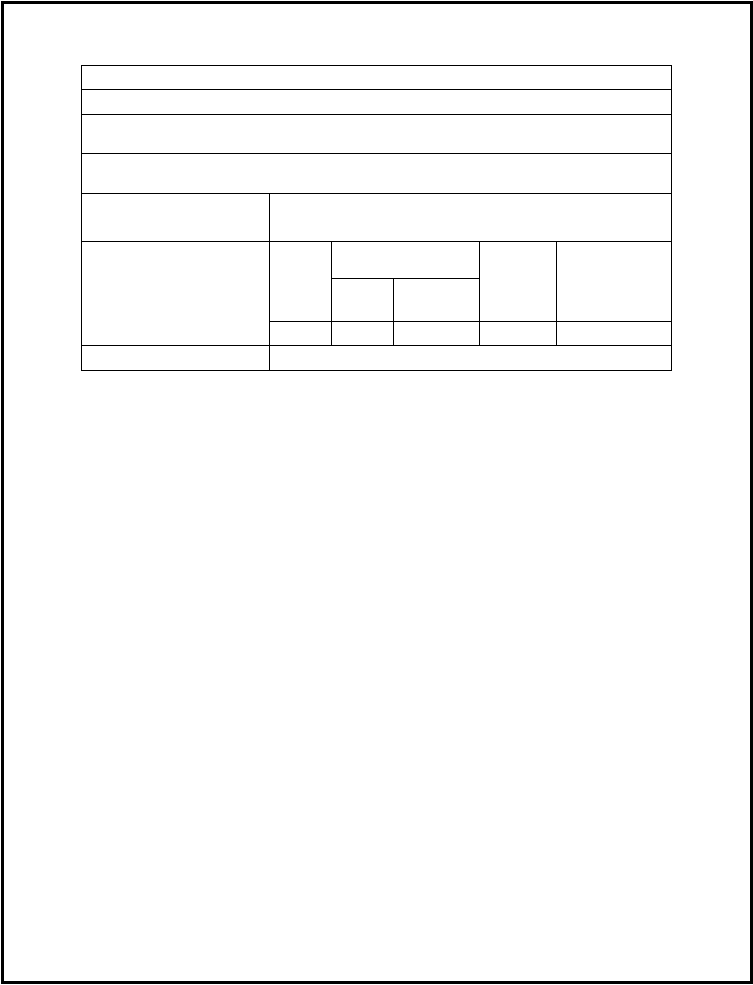
SAE J2735-Draft-Rev29 [issued: 12-11-08]
-
247 -
This is an SAE Motor Vehicle Council draft document of the DSRC committee, subject to change.
1.
Overtaking Vehicle “A” sends MSG_BasicSafetyMessage
2.
Lane-changing Vehicle “B” receives message
3.
Vehicle “B” processes the message from Vehicle A and determines that Vehicle A’s message
is relevant (by location in adjacent lane, proximity or rate of overtaking)
4.
Based upon the host vehicle’s turn signal indication and /or possibly other control parameters
like steering movements, Vehicle “B” alerts its driver to a potential overtaking vehicle hazard.
Hardware Devices:
DSRC radio
Positional and vehicle sensors
Human-Machine Interface
Occupant
Vehicle
System
Driver
Passenger
Service
Provider
Road
Department
Actors: (What entities play an
active role in use)
X
X
Support information:
CAMP-VSC Task 3 Report, 2003
Concept of Operations
As with the other vehicle safety application scenarios in this annex, DSRC communications is used to allow
the host vehicle to detect all equipped vehicles in the immediate vicinity. As well, the lane-changing
vehicle receives the position, velocity, acceleration, and control parameters, among others, for all these
vehicles through their MSG_BasicSafetyMessages. The in-vehicle unit, based upon the host vehicle’s turn
signal and/or possibly other control parameters like steering wheel movements, constructs a potential
vector for the host vehicle and analyzes the received parameters to construct expected future vectors for
other vehicles in the immediate vicinity. If the in-vehicle unit determines that a collision would be likely if
the indicated lane change maneuver is initiated, an appropriate warning is issued to the driver.
Sensors and Other System Needs
On-board sensors to determine the host vehicle’s intent to change lanes, e.g., turn signal or other control
parameters, will also be needed.
A map database, if available, could help to provide information about whether vehicles are in adjacent
lanes. In addition, the road curvature can be taken into account when an application host vehicle evaluates
the presence of an approaching or existing vehicle in the adjacent lane.

